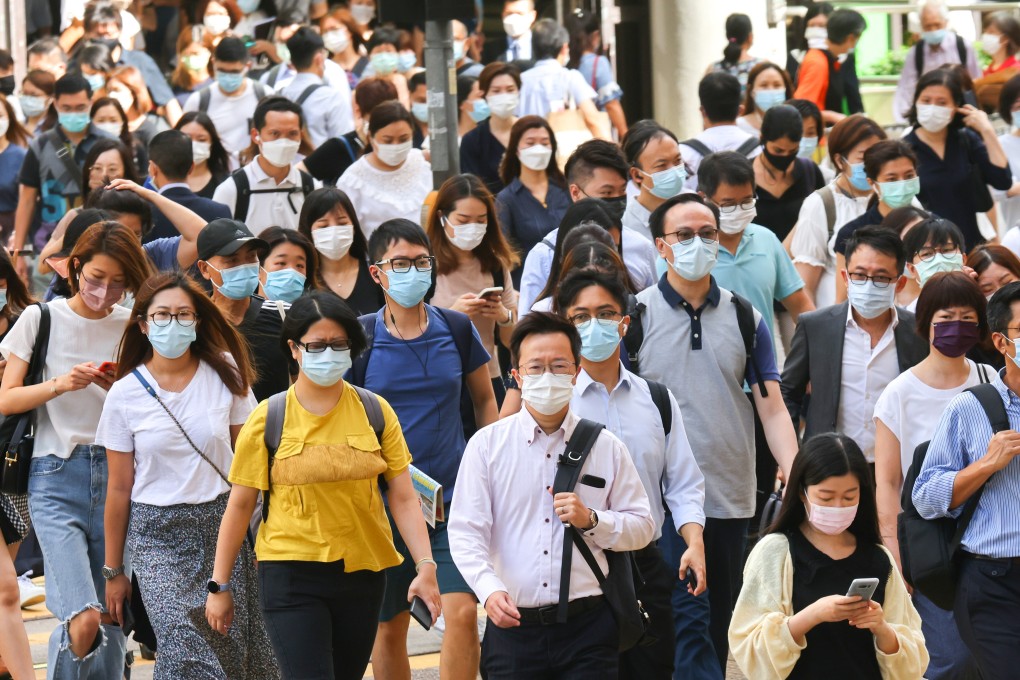Proposed fixes for government funding of NGOs in Hong Kong criticised as too little, too late
- Task force recommends keeping in place controversial mechanism for deciding annual subsidies blamed for enriching top executives
- They will be required to disclose their pay in bid to improve transparency, but some industry figures say needs of frontline workers have been ignored

A controversial public funding system for Hong Kong’s social welfare organisations is here to stay, but top executives will be forced to disclose their pay in a bid to improve transparency and accountability, a government review has recommended.
In place since 2001, the annual subsidy goes toward helping NGOs cover part of the salaries, employee welfare expenditure and other administrative costs they can not pay for through their own funds or service fee income.
The government has said the system simplifies public funding and offers flexibility to NGOs to spend the money as they see fit.
In the report released on Monday, a task force under the Labour and Welfare Bureau made 30 recommendations, including retaining the lump sum grant programme.
It uses the midpoint of salaries of all staff on an official pay scale, leaving top executives to decide the exact pay packets of individual workers, including that of themselves.
The task force also recommended five key areas of reform, including developing a “standing mechanism” to conduct reviews on service targets and their nature to improve quality and keep pace with the “changing needs” of users. It also suggested requiring recipients to submit proper expenditure accounts to the government and the public and to end a loophole whereby the grant can be used to subsidise supposedly self-financing activities of various NGOs.
On the enhancement of accountability and governance, the task force suggested senior executives in the top three tiers of the bodies disclose their remuneration and to make public the pay structures and starting points of regular positions funded by the grant.
